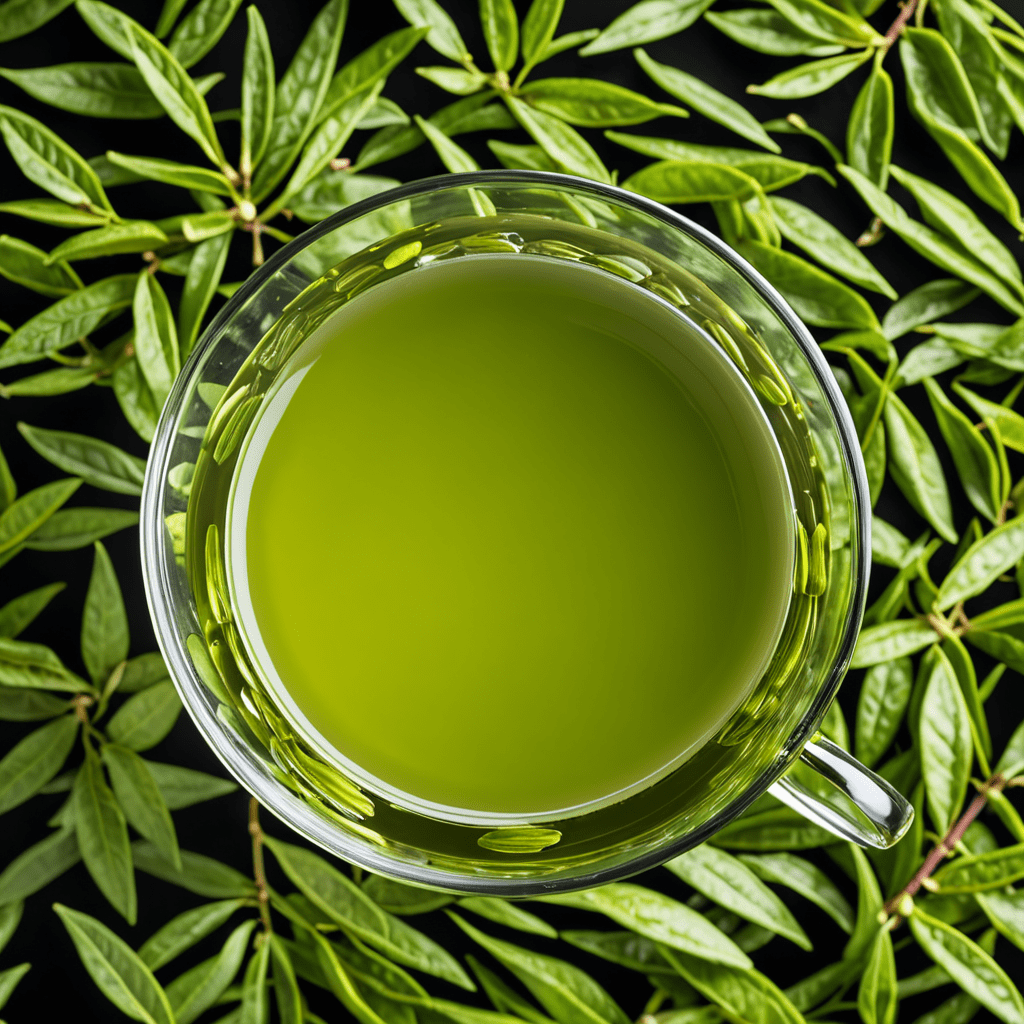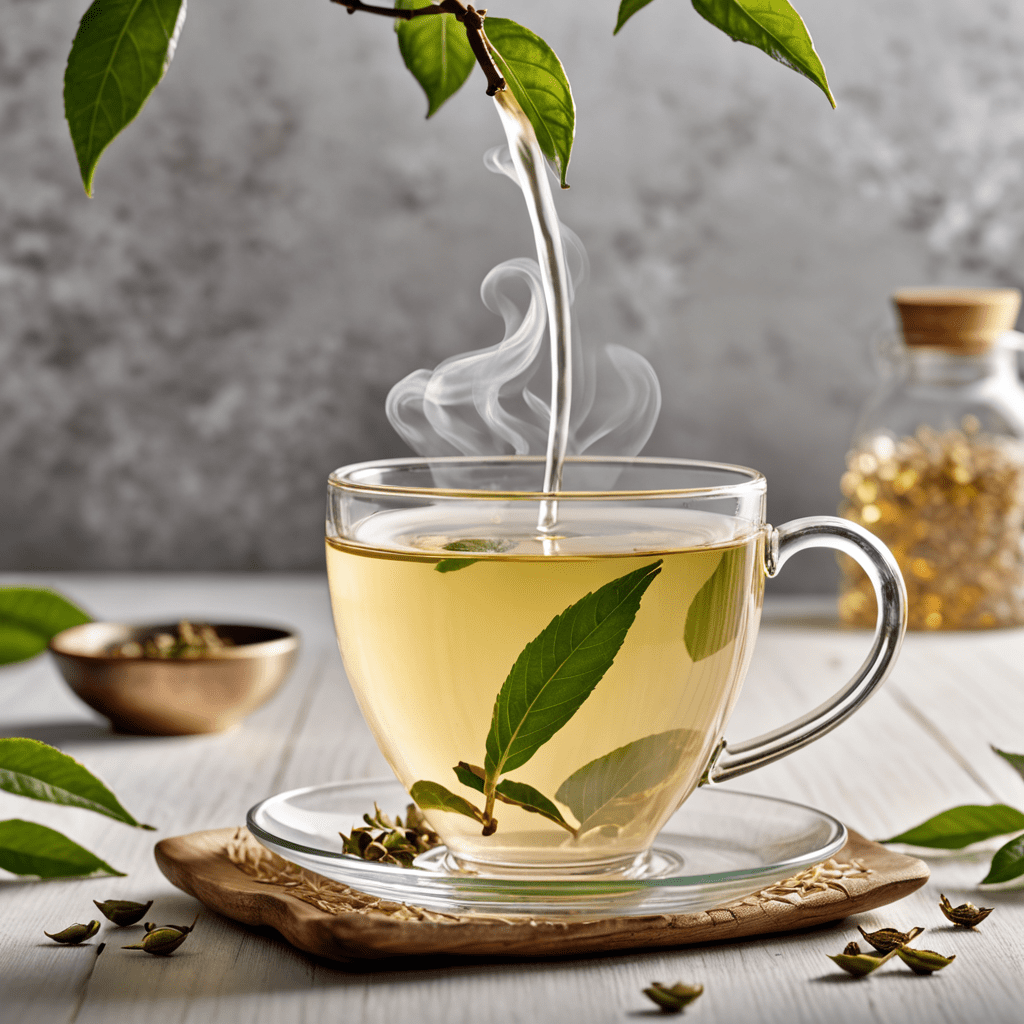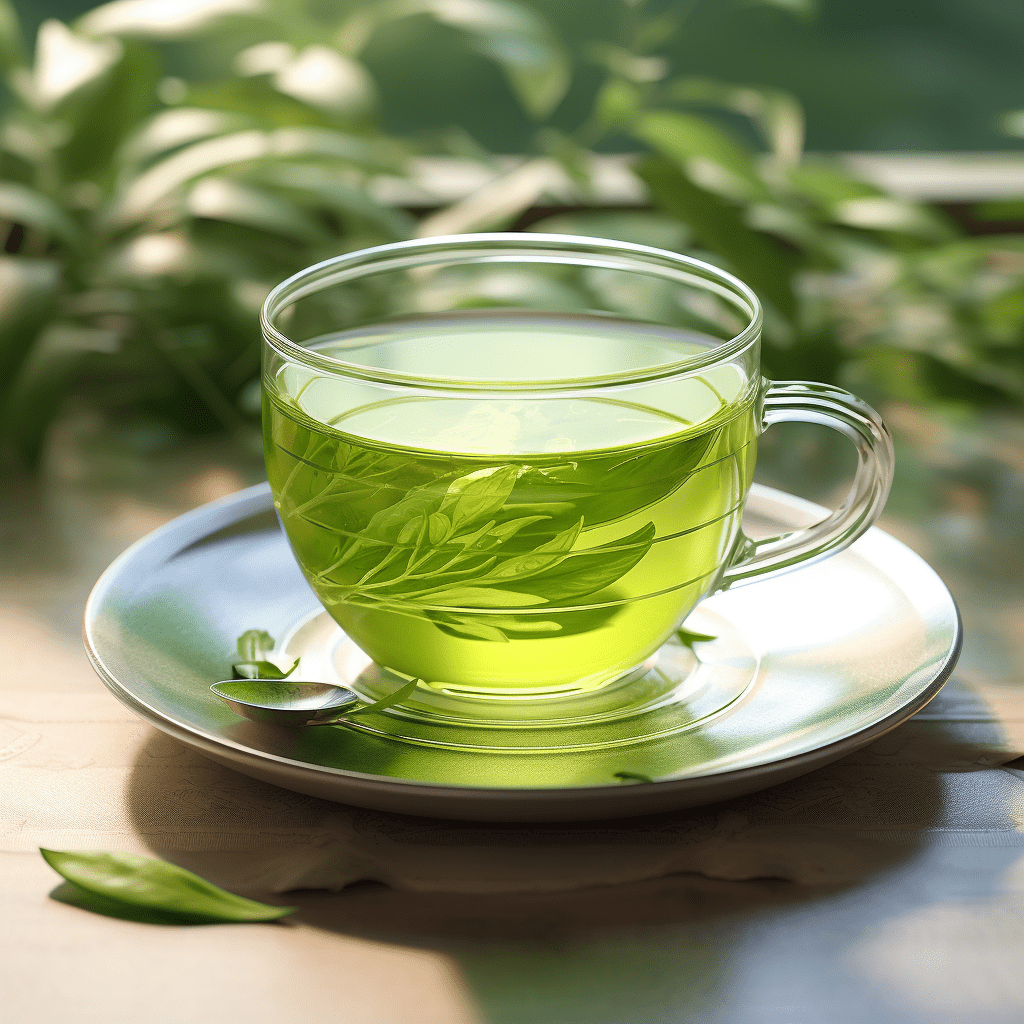
Uncovering the Caffeine Content of Diet Green Tea: Your Go-To Guide
Introduction
When it comes to finding a healthy beverage that provides a refreshing boost, diet green tea often comes to mind. With its numerous health benefits and weight management properties, it has gained popularity among health-conscious individuals. However, one question that frequently arises is: how much caffeine does diet green tea contain? In this guide, we will delve into the caffeine content of diet green tea, exploring its effects, benefits, and potential drawbacks.
Understanding Caffeine Content in Green Tea
Caffeine is a natural stimulant found in various plant sources, including tea leaves. It is known for its ability to enhance mental alertness and combat fatigue. The caffeine levels in green tea can vary depending on multiple factors, including the brewing method, tea quality, and the specific green tea variety. However, on average, a cup of green tea contains approximately 20-45 milligrams (mg) of caffeine.
Caffeine in Diet Green Tea vs. Regular Green Tea
Diet green tea is often marketed as a healthier alternative to regular green tea due to its reduced calorie content. However, it is essential to understand that the caffeine content in diet green tea is generally similar to regular green tea. While the exact levels may vary, diet green tea typically contains similar amounts of caffeine as its non-diet counterpart.
The Effects of Caffeine in Diet Green Tea
- Increased Energy Levels: The caffeine in diet green tea can increase alertness and energy levels, providing a temporary boost to help combat fatigue.
Enhanced Mental Focus: Consuming diet green tea can improve cognitive function and enhance mental alertness, aiding in concentration and productivity.
Metabolism Boost: Caffeine has been shown to have a thermogenic effect on the body, increasing metabolism and potentially aiding in weight management.
Potential Side Effects: While moderate caffeine consumption is generally considered safe, excessive intake can lead to side effects such as insomnia, nervousness, and increased heart rate. It is important to consume diet green tea in moderation.
Factors Affecting Caffeine Levels in Green Tea
Several factors can influence the caffeine content in diet green tea:
- Brewing Time: The longer green tea is steeped, the higher the caffeine levels. For individuals looking to reduce their caffeine intake, shorter brewing times are recommended.
Water Temperature: Using hotter water during the brewing process can also contribute to higher caffeine extraction. Lowering the water temperature can help reduce caffeine levels.
Tea Quality: The quality of the tea leaves used can impact caffeine content. High-quality green teas generally contain higher concentrations of caffeine.
Tea Variety: Different green tea varieties can have variations in caffeine content. For instance, matcha, a powdered form of green tea, tends to contain higher caffeine levels compared to other types.
Frequently Asked Questions (FAQ)
Q: Is diet green tea a good alternative for individuals sensitive to caffeine?
A: While diet green tea may have lower calorie content, it still contains caffeine. Individuals sensitive to caffeine should consider alternative decaffeinated options or opt for herbal teas that do not contain caffeine.
Q: Can diet green tea be consumed during pregnancy?
A: Pregnant women are advised to limit their caffeine intake, as high doses can affect the developing fetus. It is recommended to consult a healthcare professional before consuming diet green tea or any other caffeinated beverages during pregnancy.
Q: Does diet green tea offer any health benefits other than caffeine content?
A: Yes, diet green tea contains valuable antioxidants and nutrients. It has been linked to various health benefits, including improved heart health, reduced risk of certain cancers, and potential weight management support.
Q: How much diet green tea can be consumed in a day?
A: While there is no specific guideline, moderate consumption of diet green tea is generally recommended. It is advised to limit caffeine intake to around 200-300 mg per day, depending on individual sensitivity and health factors.
Q: Are there any natural ways to reduce the caffeine content in green tea?
A: Yes, several techniques can help reduce caffeine levels in green tea. Opting for decaffeinated varieties, choosing herbal teas, or opting for shorter brewing times and lower water temperatures can significantly reduce caffeine intake.
Conclusion
Diet green tea, like regular green tea, contains caffeine, which provides various benefits and potential drawbacks. Understanding the caffeine content, effects, and factors that influence levels can help individuals make informed choices about their diet and consumption of diet green tea. As with any food or beverage, moderation and individual sensitivity should be taken into consideration when consuming diet green tea.

